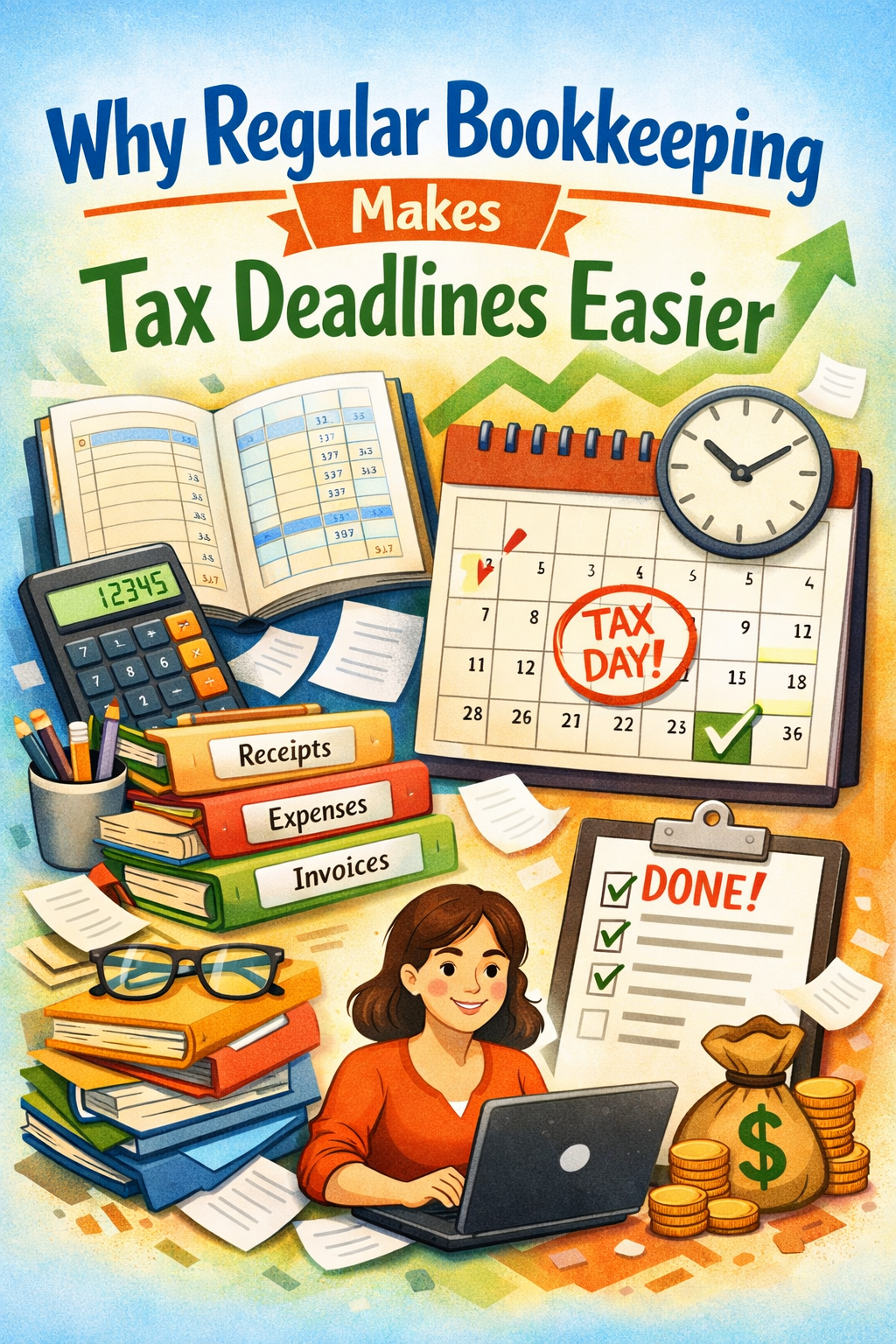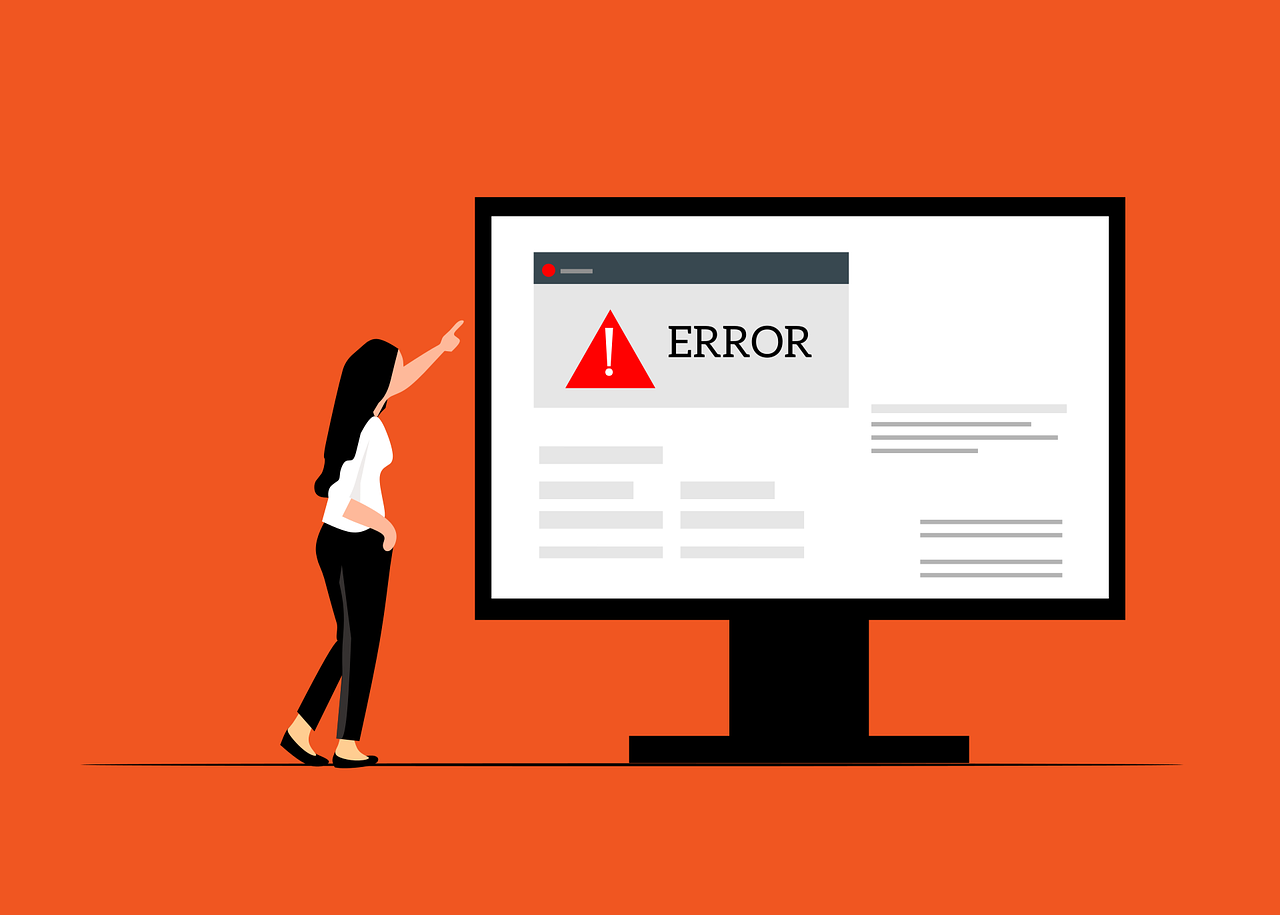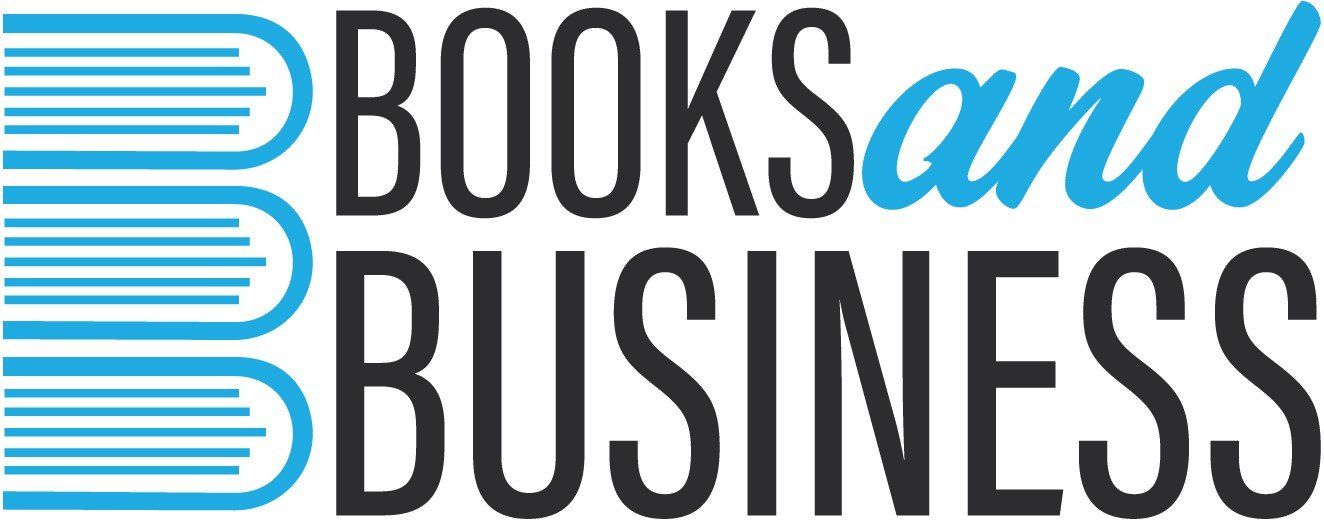How the Bank of England’s rate cut could impact your construction or trade business
The Bank of England has reduced the base rate to 4%, the lowest since 2023. While most headlines focus on mortgages and savings, this decision has a big impact on trades and construction businesses too. From borrowing costs to cash flow, here’s what it means for your business.
Cheaper Borrowing for Business Growth
Lower interest rates mean reduced costs for loans, hire purchase, and finance agreements. For builders, electricians, plumbers, and other trades, this could make it more affordable to:
- Finance a new van or company vehicle
- Invest in tools, machinery, or equipment upgrades
- Expand your workshop or office space
- Take on larger contracts with upfront costs
Even a small drop in repayments can improve cash flow, giving your business more breathing room.
Relief on Existing Business Debt
If your business already has a variable-rate loan, overdraft, or finance agreement, you may notice lower repayments straight away. This could save your construction or trade business hundreds of pounds a year, money that can be reinvested into staff, materials, or marketing.
More Demand for Construction and Trade Services
Lower interest rates don’t just help businesses, they also boost consumer confidence. With households feeling more secure in their finances, many will be more willing to spend on home improvements, extensions, and renovations. This creates new opportunities for builders, roofers, joiners, and subcontractors across the construction industry.
But Inflation still matters
It’s important to remember that inflation is still running above the Bank of England’s target. For trades and construction businesses, that means material costs, fuel, and supplier prices remain high. Even with cheaper borrowing, keeping a close eye on quotes and project costs is essential to protect your profit margins.
What you can do next
Here are some practical steps for construction and trade businesses following the rate cut:
- Review your finance agreements – check if your loan or overdraft repayments will fall.
- Plan for investment – if you’ve been holding off on buying equipment, now may be the time.
- Monitor cash flow closely – strong bookkeeping helps you make informed decisions and spot risks early.
- Build inflation into quotes – don’t get caught out by rising material prices.
If you’d like support with bookkeeping, cash flow planning, or financial strategy, we’re here to help




